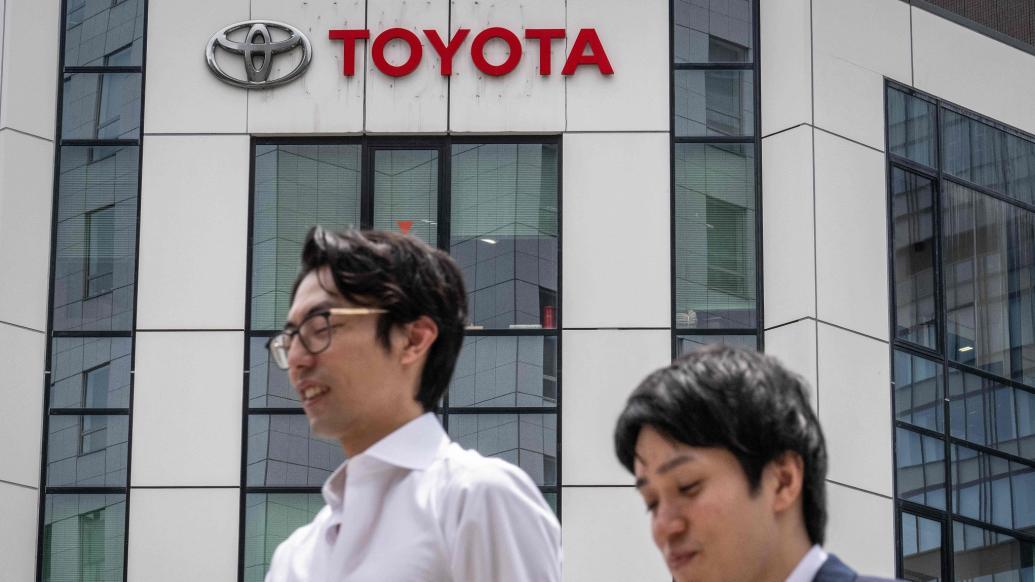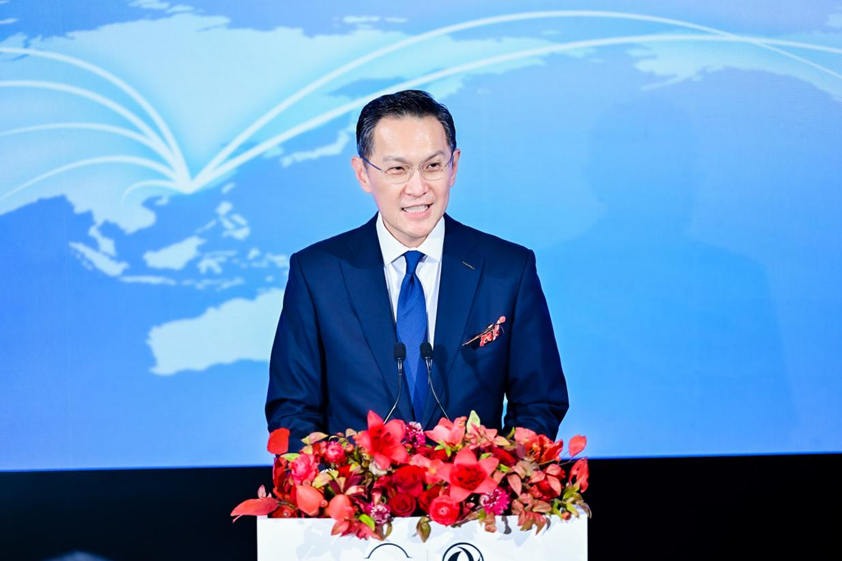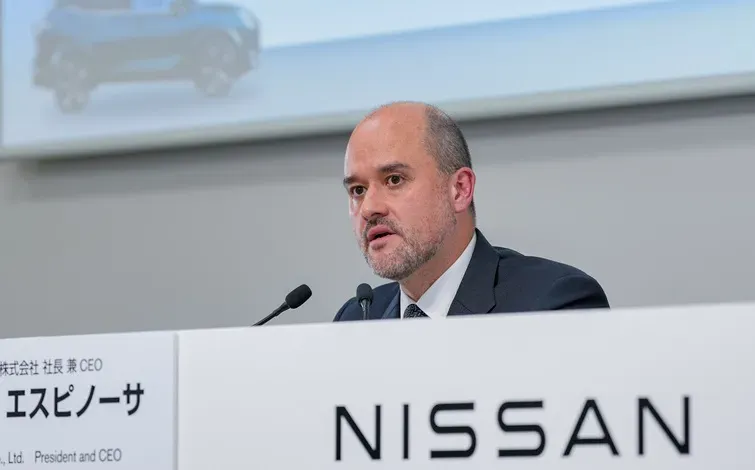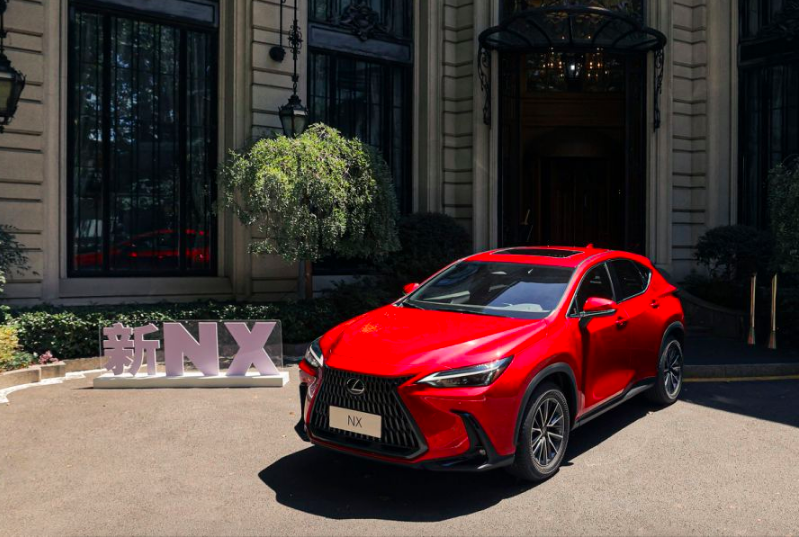
Toyota and Honda have seen explosive growth in their earnings in the past fiscal year, helped by sales growth of hybrid vehicles and a weak yen, with the first quarter of this year performing particularly well.
Recently, Japan's three major automakers, Toyota, Honda and Nissan, have successively released their performance reports for fiscal year 2023 (April 2023 to March 2024).

Toyota car dealership in Tokyo, Japan, May 8, 2024, local time.
Data showed that Toyota's operating profit soared 78% in the first three months of this year, while Honda's operating profit in the first three months of this year increased more than six times year-on-year to 305.6 billion yen, far higher than the average level of 248.3 billion yen expected by analysts.
Despite the strong profit performance, these Japanese giants are still not optimistic. Honda CEO Toshihiro Mibe said Honda is "anxious about the uncertainty of electrification." The biggest uncertainty undoubtedly comes from the pressure of the Chinese market. Due to the lag in the electrification transformation, Japan's performance in China lags far behind its local competitors. In the first three months of this year, Honda's sales in China fell by more than 6% year-on-year to 207,000 vehicles.
Toyota, the world's most profitable company, also admitted that it was "far behind China in some areas." Toyota sold only 116,500 pure electric vehicles in 2023, while BYD and Tesla sold 1.6 million and 1.8 million vehicles respectively. In terms of annual total sales, Toyota's growth in the Chinese market has been less than 2%.
For Nissan, it has achieved a certain degree of growth in the United States, Japan and Europe in the past year, except for the Chinese market. In 2023, Nissan's sales in China fell below 1 million, a year-on-year decrease of more than 20%.
Honda and Toyota both mentioned BYD in their earnings conferences. With its vertical integration of supply chains, BYD has taken away the dominance that should have belonged to the Japanese. The Japanese giants do not allow themselves to sit still and wait for death. They are considering "changing the rules of the game by increasing investment."
Toyota Motor CEO Tsuneharu Sato said at the earnings conference that Toyota will invest in the future from the perspective of sustainable growth to protect the supply chain. Toyota plans to invest 1.7 trillion yen in areas such as artificial intelligence, electric vehicles and software.
Honda also made it clear that it would increase its R&D spending, and they plan to invest 1.19 trillion yen in fiscal 2024 to build Honda's own vertical integration capabilities. It is reported that this budget has set a new record for Honda's R&D investment.
Nissan CEO Makoto Uchida said that Nissan will focus on electric vehicles to increase brand sales. To this end, they have formulated a plan called "The Arc Nissan Arc Plan". Nissan plans to launch 30 new cars by 2026, 14 of which will be powered by internal combustion engines, and the remaining 16 will be hybrid and pure electric.
However, with the current transformation plans and speed of Japanese manufacturers, it is unlikely that they will see any improvement in the Chinese market in the short term. Toyota did not give a clear timeline for the launch of the two pure electric vehicles it displayed at the Beijing Auto Show, the Toyota bZ3C and the Bozhi 3X, but it is expected to be launched within the next year. As for the solid-state batteries that Toyota is betting on, they will not start mass production until 2027 at the earliest.
In other markets around the world, Japanese giants are still preparing to maintain their dominance through hybrid products. In addition, where are their opportunities that are different from those of Chinese manufacturers? The answer is the US market, which is difficult for Chinese car companies to enter.
Foreign media believe that US trade protectionism has hindered the overseas expansion of Chinese automakers, which will become an opportunity for Japanese giants. The Wall Street Journal reported, citing people familiar with the matter, that the Biden administration is considering raising trade tariffs on some Chinese clean energy products, including electric vehicles. At the same time, Mexico, the backyard of US auto production, has recently been under pressure to refuse to provide incentives such as tax breaks to Chinese automakers.
The Japanese giant is ready to take advantage of this opportunity to accelerate its expansion in North America. Honda has officially announced an agreement with Canada, another backyard for American auto production, to set up a factory in Ontario to produce more electric vehicles.


